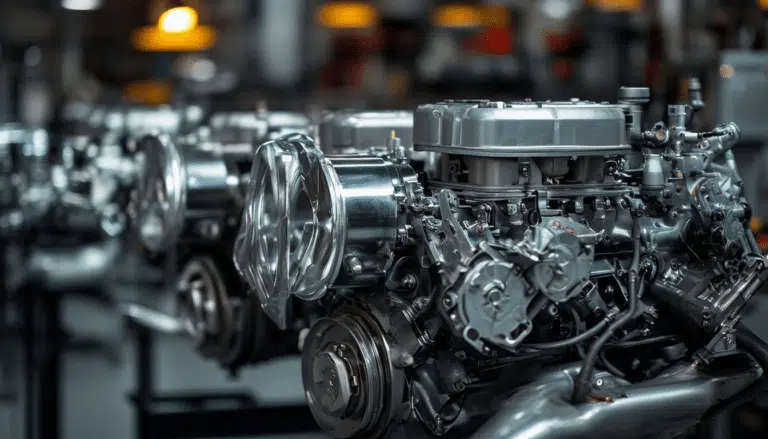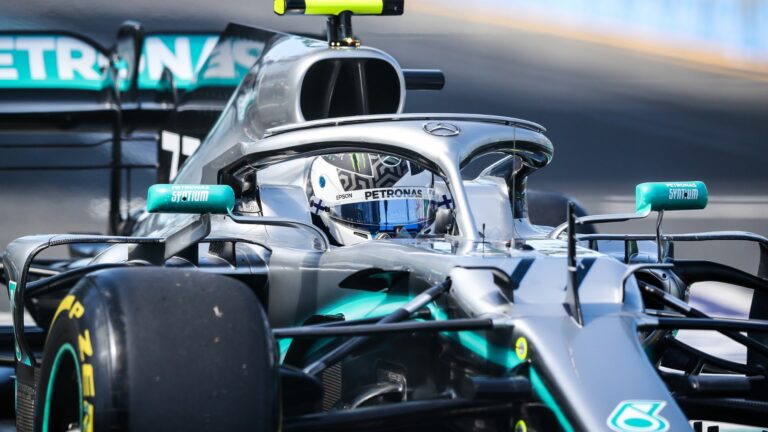Maintenance and its effects on fuel economy in hybrid vehicles
The proper maintenance of hybrid vehicles is essential to ensure their optimal performance and, significantly, improve fuel economy. These cars, which combine combustion and electric engines, require specific care to maximize their energy efficiency. Through regular inspections of key components such as batteries, tires, and electrical systems, fuel spending can be reduced and the vehicle’s lifespan prolonged. The way maintenance is performed directly impacts fuel consumption, making it vital to understand its importance for savings and sustainability.
The maintenance of hybrid vehicles is fundamental to ensuring optimal performance in fuel economy. As more drivers opt for these cars, it is crucial to understand how proper care can influence fuel consumption and, consequently, the daily expenses of users. This article explores the importance of maintenance, the key areas to consider, and the economic benefits resulting from proper management of these technologies.
Importance of routine maintenance
Routine maintenance is not just about checking if the car is in good shape; it involves a series of procedures that ensure each component operates effectively. For hybrid vehicles, this is especially important, as they combine internal combustion engines with electrical systems. Ignoring periodic inspections can lead to a decrease in fuel performance, thus increasing the owner’s overall expenses.
Inspections of electrical systems and batteries
Hybrid vehicles greatly depend on their electrical systems and batteries. Therefore, it is essential that these components are inspected regularly. A faulty electrical system can lead to high fuel consumption as the combustion engine may have to work harder to compensate for the lack of electrical power.
Tire condition
The condition of the tires also plays a crucial role in fuel economy. Incorrect pressure can result in excessive consumption, as increased rolling resistance generates more effort from the engine. Keeping tires properly inflated and in good condition directly contributes to better fuel efficiency.
Engine control and maintenance
The engine is perhaps one of the most important parts of any vehicle. A well-maintained engine ensures optimal fuel efficiency. This includes regular oil changes, filter cleaning, and system injection checks. An efficiently functioning engine not only consumes less fuel but also reduces harmful emissions, which is also beneficial for the environment.
The importance of transmission
The transmission is another critical area that influences a vehicle’s fuel economy. A malfunctioning transmission system can lead to increased fuel consumption. It is essential to maintain and check the transmission, which includes checking fluid levels and alignment. Proper maintenance in this area can make a significant difference in gasoline expenditure.
Myths and realities about hybrid vehicle maintenance
There are numerous myths surrounding the maintenance of hybrid vehicles. One common misconception is that they require less maintenance than conventional vehicles. While it is true that certain components experience less wear, this does not mean that inspections should be skimped on. Ignoring maintenance can lead to much higher long-term expenses due to unexpected repairs and excessive fuel consumption.
Economic benefits of proper maintenance
Proper maintenance of a hybrid vehicle not only saves fuel but also prolongs the car’s lifespan and reduces repair costs. Investing in preventive maintenance translates to fewer trips to the workshop and, therefore, better budget management for the driver. Driving habits, combined with good maintenance, are key to achieving maximum fuel efficiency.
Tips for maintaining fuel economy
Implementing a regular maintenance program can be very beneficial. Some recommendations include conducting periodic inspections of electrical systems and the battery, correctly adjusting tire pressure, and keeping the engine well-lubricated. For more information on how to reduce fuel consumption, articles on vehicle maintenance and its impact on the economy can be consulted.
Conclusion
A proactive approach to maintaining hybrid vehicles is essential for maximizing fuel economy. With proper maintenance, not only is the use of fuel optimized, but a cleaner and more sustainable environment is also supported.
The proper maintenance of hybrid vehicles is fundamental to maximizing their fuel efficiency. Through regular and thorough care, issues that affect performance and, consequently, energy consumption can be avoided. Keeping components such as the battery system, brakes, and tires in optimal condition is crucial, as any failure in these elements can lead to unnecessary fuel expenditure.
The hybrid technology combines an internal combustion engine and an electric one, presenting a different challenge compared to conventional vehicles. Therefore, inspections should include not only oil and filter changes but also constant monitoring of the hybrid battery condition and the electrical system. Regular service will help identify any issues in time that could compromise the vehicle’s performance, resulting in significant savings in fuel consumption.
Studies have shown that hybrid vehicles receiving preventive maintenance show a fuel performance 10% superior compared to those that do not. Moreover, proactive maintenance extends the lifespan of key parts, reducing the need for expensive repairs and the environmental impact from increased energy consumption.
The fuel savings not only benefit the owner in terms of costs but also contribute to lower emissions of pollutants, thus promoting a healthier environment. In this sense, implementing a consistent maintenance routine is a smart strategy that not only improves fuel economy but also supports the environmental sustainability that is so needed today.




